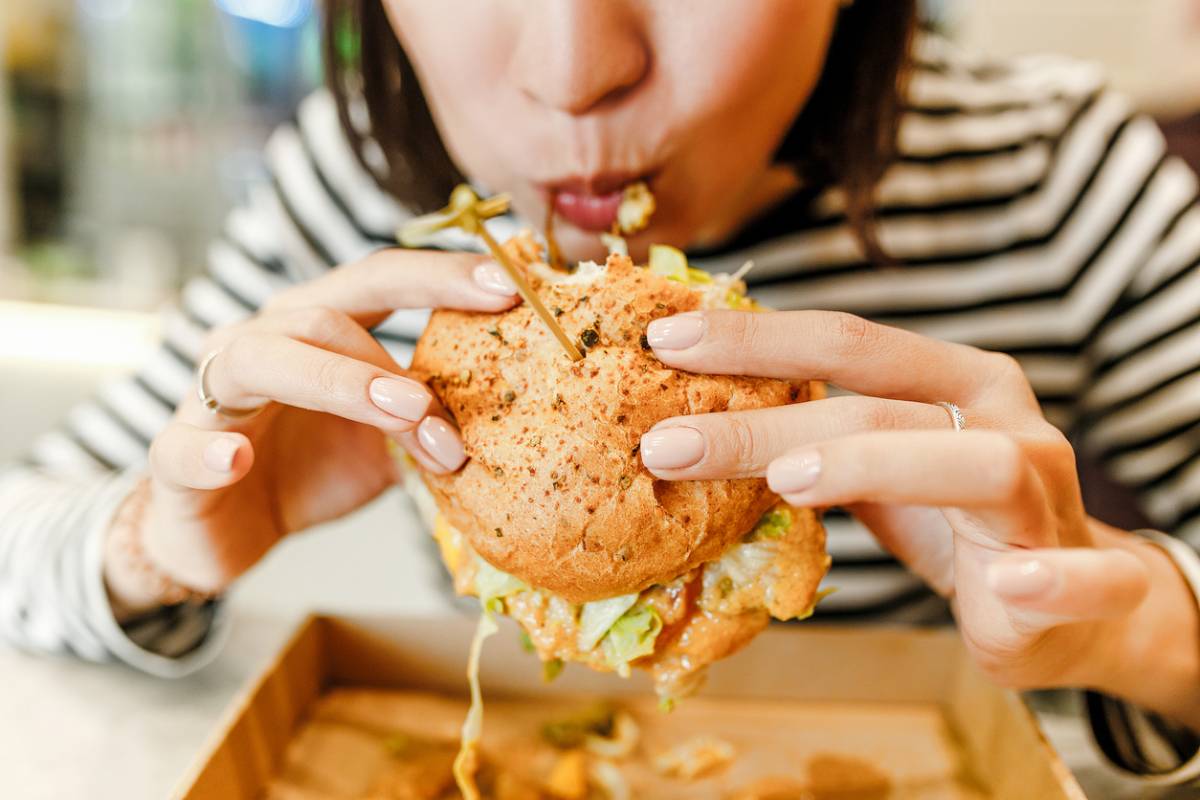Dental implants are highly recommended restorative dentistry options for those missing one or more teeth. As permanent fixtures, they can add to the strength and functionality of your mouth, feeling just like your natural teeth. But in order to permanently fix dental implants to your gums, a surgical procedure is required. The recovery process might seem uncomfortable and frustrating when you don’t know what to expect. So, how about eating after dental implants.
Eating After Dental Implants
Today, our Glendora dentist will discuss some of the major concerns you might have involving chewing, smiling, and eating after dental implants.
Recovering from Dental Implant Surgery: What to Expect
Your dentist should give you a full rundown of expectations before and after your dental implants procedure. You may have some pain and swelling for a few days following the surgery, especially around your gums and face. You might have some bleeding which should subside pretty fast. Your dentist may prescribe some pain medications to get you through the early days of recovery.
It’s important to work on staying hydrated as much as possible while you recover. You can eat after getting dental implants, but you should only consume soft or liquid foods for the first 1-2 days following the surgery. Your gums are very vulnerable and raw during this time, and you would not want to cause irritation or infection which could easily spread.
What Not to Eat
You can find some soft foods that you find comforting while you recover. Many patients enjoy eating pudding, potatoes, tofu, fruit juice, cottage cheese, Jell-O, and warm (but not hot) soup. What you eat is important, but what’s probably more important is what you shouldn’t eat after dental implants surgery. Some of the biggest foods to avoid include:
- Crunchy foods like nuts and candy
- Spicy meals
- Hot soup, coffee, or tea
- Citrus and other highly acidic foods
In most cases, you should play it by ear. If something feels good to eat, you should continue to eat it. Don’t force yourself to eat something that your implants can’t handle yet.
Implant Surgery Risks with Food
Many surgical dentists will warn against eating solid or hard foods while your implants are still healing. Failing to follow aftercare instructions could result in extra swelling, pain, and possible infection. Not to mention, your implants may get damaged and become dislodged from their original position, making you prone to further injuries. It could be expensive and painful trying to repair implants that healed improperly.
You should always refer to the instructions given to you by your oral surgery team and your trusted dentist. If you have more questions about the implants recovery process, you can contact our experts at any time.
When You Can Enjoy Your Favorite Meals
So, when exactly can you start to enjoy your favorite meals again? If you are looking forward to eating normally, you will be happy to hear that the average recovery time is only a few weeks. While your teeth are healing, you will want to be gentle and selective with the foods you eat. As soon as you are done experiencing symptoms of pain and discomfort, you can start eating normally again.
Find Permanent Dental Comfort with Implants Today!
Tooth and bone loss can lead to severe restrictions when it comes to eating, smiling, chewing, and even breathing. Over time, the pain and discomfort just get worse. When you invest in Glendora dental implants, you are giving your mouth a second lease on life that can restore full functionality to your mouth. Reach out to our friendly dental experts today to learn more about dental implants and what to expect before, during, and after this life-changing procedure.



